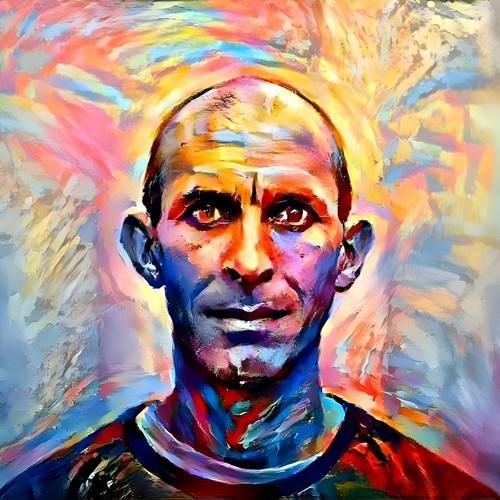
 80,000 Hours Podcast
80,000 Hours Podcast #206 – Anil Seth on the predictive brain and how to study consciousness
86 snips
Nov 1, 2024 Anil Seth, a neuroscientist and director at the Sussex Centre for Consciousness Science, delves into what makes us conscious. He presents the idea that perception is a 'controlled hallucination' shaped by our brain's predictions. The discussion tackles intriguing topics like the phenomenon of blindsight and the implications of split-brain studies. Seth suggests that consciousness in animals—and even machines—may reflect our own. His excitement for future research reveals the mysteries still surrounding the nature of consciousness.
AI Snips
Chapters
Books
Transcript
Episode notes
Perception as Inference
- We experience the world indirectly; our perceptions are interpretations, not direct reflections of reality.
- This idea, dating back to Kant and Helmholtz, suggests our brains infer what's out there, like with color perception.
The Dress Illusion
- The dress illusion, where people perceive different colors, demonstrates individual differences in how brains interpret ambient light.
- This highlights how color perception is an inference, not an objective truth.
Controlled Hallucination
- Our brains generate perceptions by making predictions about the world and updating them with sensory data.
- This "controlled hallucination" is tightly coupled to reality, but still internally generated.




